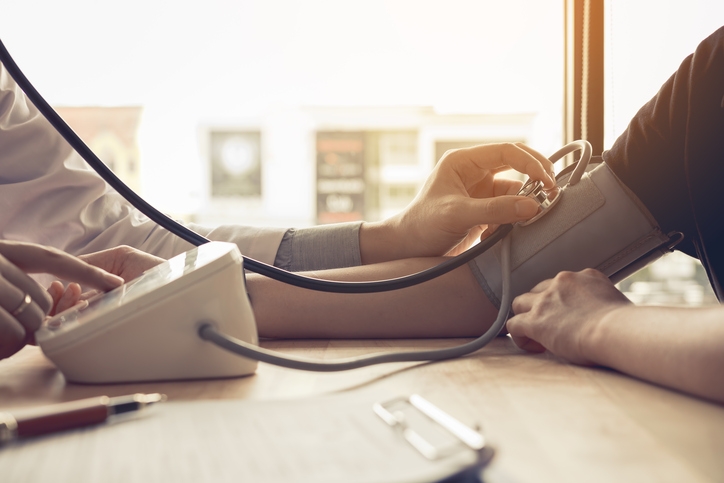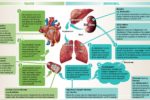Most people with hypertension are diagnosed and managed on the basis of blood pressure (BP) measurements taken by healthcare professionals in the surgery. Although clinic readings remain the accepted method of measuring and monitoring BP, they are widely acknowledged to be prone to inaccuracies, such as the infamous ‘white coat effect’ that can lead to artificially high readings. In addition, the relatively small number of readings generally taken in the clinic offers only a ‘snapshot’ look at BP levels that may not reflect real values. There is increasing evidence that the use of self BP measurement – with patients monitoring their own BP at home – may provide some advantages over BP measurement in the clinic or surgery. These include potentially more accurate readings and average values that are more reproducible and reliable than traditional clinic measurements. In this article we look at the evidence for the use of home BP monitoring and the accuracy of home monitors.
























